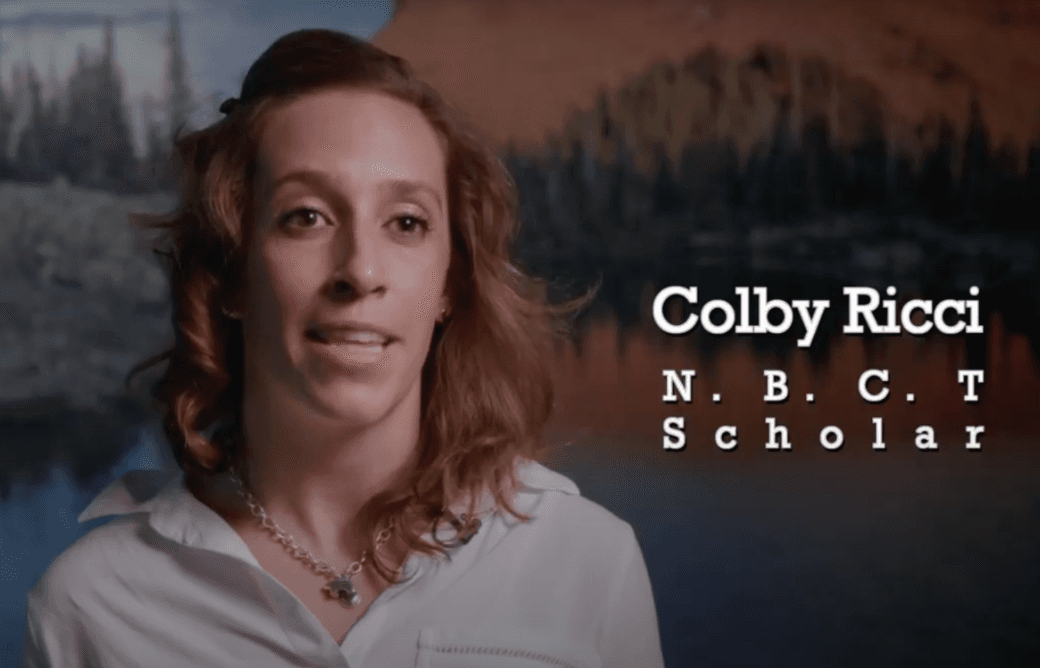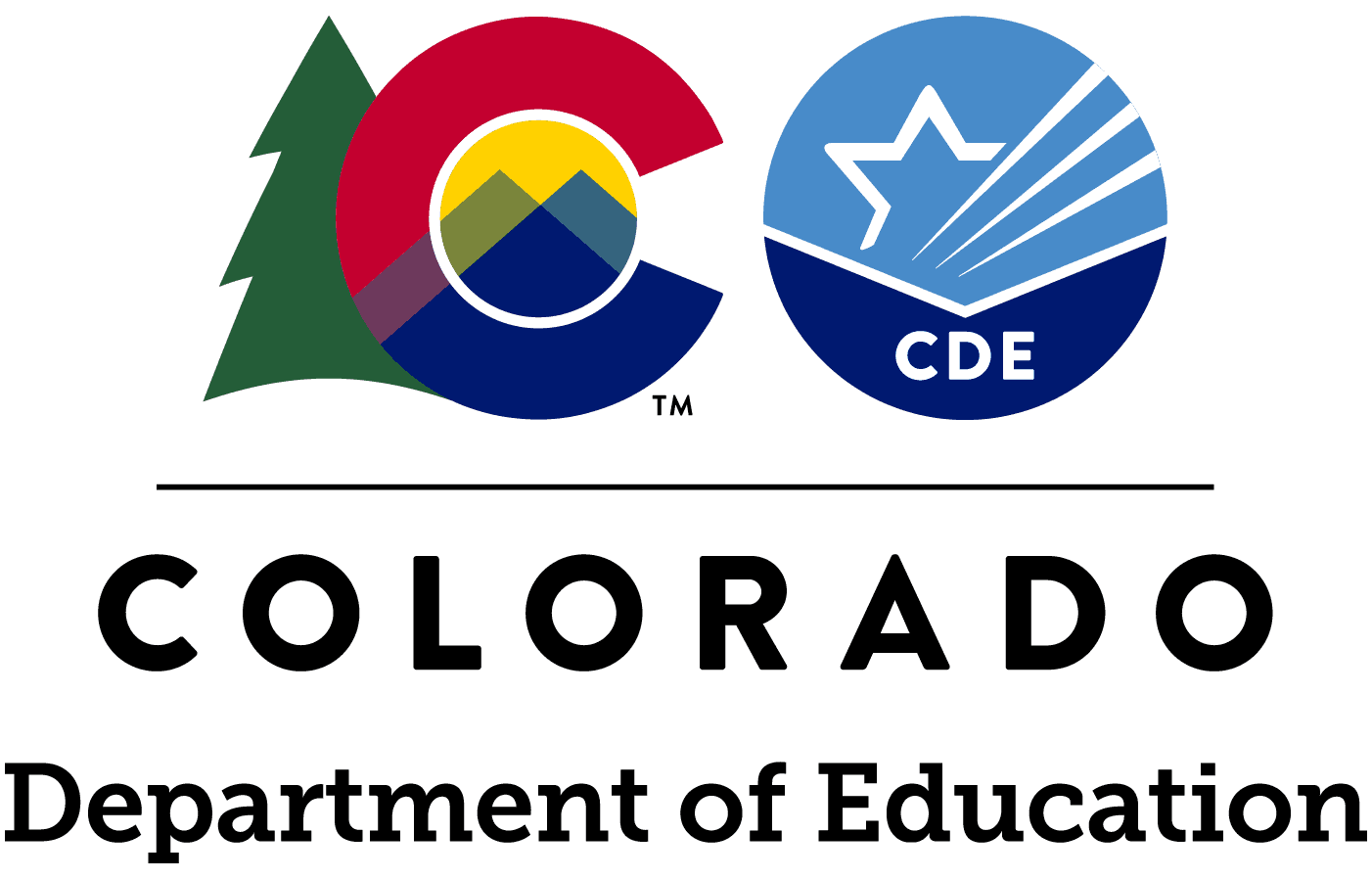Why get involved in rural education?
Join like-minded educators in the Rural National Board

"I want to do best for my students and for their families and our schools and communities, so I couldn't think of a better way to gain more knowledge than through this experience."—Colby Ricci, National Board Certified Teacher
Off the Beaten Path
Find the right school district for you!

According to the Colorado Department of Education, there are 146 rural and small rural school districts that are in constant need of teachers. The button below will take you to list of all the rural and small rural school districts in Colorado. You can also visit the Colorado Rural Workforce Consortium for more info on working in our state's rural communities.
Create a Free Account
Sign up for access to everything we offer, right from your dashboard.
- Learn about your licensure options.
- Explore teacher training programs.
- Get support for teaching tests.
- Apply for financial aid.
- Chat with licensure experts via live chat, small group sessions or 1-on-1 meetings.
It’s all FREE and brought to you by the Colorado Department of Education and our statewide partners.
